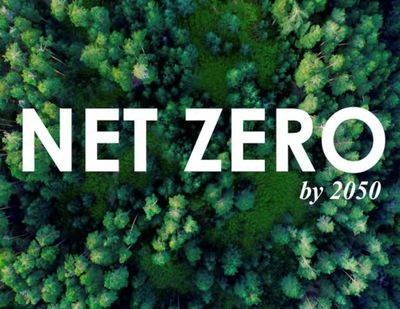Carbon Neutrality Crowding Out: Public v. Private Efforts to Abate Carbon Dioxide Emissions
- Student
- Cade MacQuarrie
- College(s)
- College of Arts and Letters
- Faculty Advisor
- Forrest Spence
- Class Year
- 2021

The fight against climate change requires everyone’s effort for us to win. That is why businesses, private citizens, and governments alike are searching for methods to slow the effects of climate change and decarbonize the world around us before it is too late.
This paper focuses on business and government interaction regarding carbon abatement. Specifically, it addresses the issue of which government actions crowd out private efforts to reach carbon neutrality and which aid this goal. By investigating current carbon-neutral plans of marquee U.S. businesses, the climate policy of the new Biden administration, and the economic literature behind climate change and climate policy, I distinguished between those government policies that do and do not crowd out private carbon abatement efforts.
I have found that private efforts are most negatively impacted by corporate tax increases for federal funding, uncertainties regarding federal spending, and adverse effects of climate policy in fossil fuel markets. In contrast, private efforts are most positively impacted by infrastructural investment, R&D funding, subsidizing renewable energy projects, and aiding in funding land, water, and carbon capture projects. My findings suggest that there is more opportunity for collaboration moving forward between governments and businesses, as the two are not necessarily at odds with one another in their goals and methods of reaching said goals.